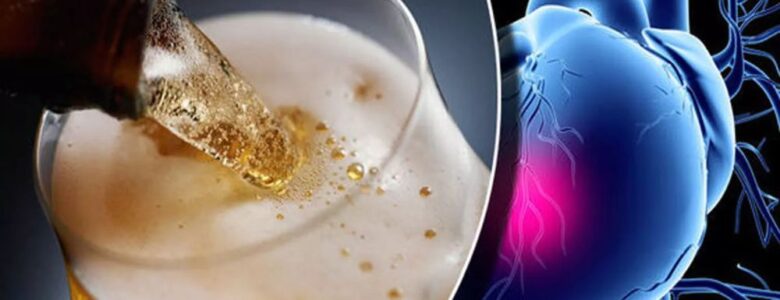Thiamine is one essential nutrient needed by the body to convert the foods we eat into energy. It is known as the transformer, which converts carbohydrates, fats and proteins into energy for our organs to function. However, thiamine is not produced by the body itself, but rather depends on the foods we consume on a day-to-day basis.
There are several food items which contain thiamine including:
- pork and beef
- fish
- seeds
- nuts
- beans
- green peas
- asparagus
- seafood
- eggs
- whole grain products (cereals, rice, flour, pasta)
Of course, there are other foods out there that might contain smaller amounts of thiamine such as fruits and vegetables.
Thiamine, also known as vitamin B1 can also be taken as a dietary supplement.
What happens when there is a thiamine deficiency?
A body deficient of thiamine starts to degenerate, particularly most trouble would occur in the nervous and circulatory systems. This is rare in healthy individuals, however, people who drink excessive amounts of alcohol are more likely to suffer some thiamine deficiency. In fact, up to 80% of alcoholics end up developing this deficiency. This is a result to the inflammation caused by alcohol of the stomach lining and digestive tract, which significantly reduced the body’s ability to absorb vitamins.
The end result is thiamine deficiency which may lead to:
- loss of appetite
- fatigue
- constipation
- irritability
- nausea
- muscle weakness
- tingling sensation in the arms and legs
- beriberi and/or Wernicke-Korsakoff syndrome
Alcohol is not the only culprit here as other conditions which might lead to this deficiency include people who had bariatric surgery, people suffering from diabetes, and HIV/AIDS. Age is also a significant factor; thus, older adults are also at risk.
Initially, most people often go undiagnosed being that the first symptoms are non-specific. In fact, beriberi and Wernicke-Korsakoff syndrome are often when the body does not absorb thiamine over a period of time and both of these conditions can be fatal if not treated in time.
What are the treatment options?
Naturally, an alcoholic would benefit significantly if they abstain from drinking through the help of A.A meetings or through counselling sessions. Therapy is available, and for further information, one can look into 12 Step Programs for Addiction. Alcohol WILL block the absorption of thiamine!
On the other hand, a nutritious and varied diet can also be beneficial and this can be supported with B1 supplements.
If you are feeling concerned, you can also talk to your GP or health professional for more information about thiamine and other deficiencies.


